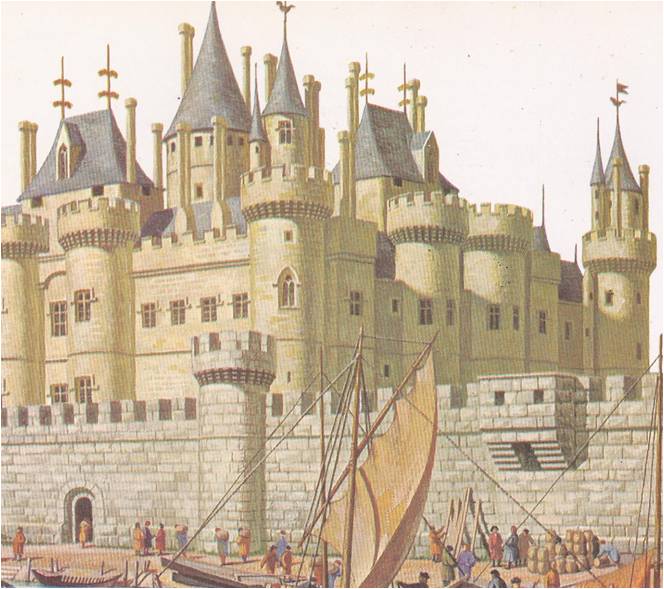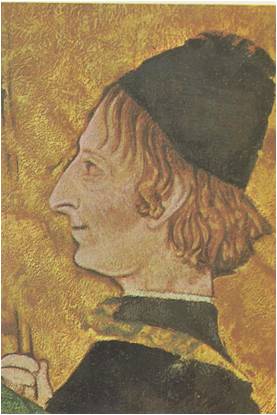In March of 1796, a new commander named Napoleon Bonaparte was placed in charge of the French army on the Italian front. The soldiers and officers were amazed when they first saw him. He was short, thin, pale, only twenty-seven years old and spoke French with an Italian accent. Napoleon was not an unknown. He had first come to public attention as the young artillery officer who drove the British fleet from the harbour at Toulon. Later, as a brigadier general, he had successfully defended the Convention from an uprising in Paris. What most people did not know was that …
Read More »Tag Archives: Mantua
The Italian Kings of France 1494 – 1590
In all Europe there was no greater admirer of Italy than Francis I, king of France. Francis practiced Italian manners in his court, built Italian palaces in his parks and kept Italian books in his library. He collected Italian paintings and the artists who painted them. Indeed, the king admired Italy so much that he wanted to conquer it all. Francis was not the first ruler to feel these strong Italian longings. In England, Spain and Germany, kings and princes were busily remodeling their courts, their castles and themselves in the Italian manner. Though the little states of Italy were …
Read More »Gentlemen, Scholars and Princes 1400 – 1507
One day in the fifteenth century, the Turkish potentate of Babylonia decided to send gifts to the greatest ruler in Italy. He consulted his counselors and men who had traveled widely in Europe, asking them who best deserved this honour. They agreed that one Italian court outshone the rest and that his court must surely be the home of Italy’s mightiest sovereign. They did not name Milan, the home of the proud Sforza, nor Florence, the city of the clever Medici. The most magnificent court in Italy, they said, was at Ferrara, the capital of the dukes whose family name …
Read More »

